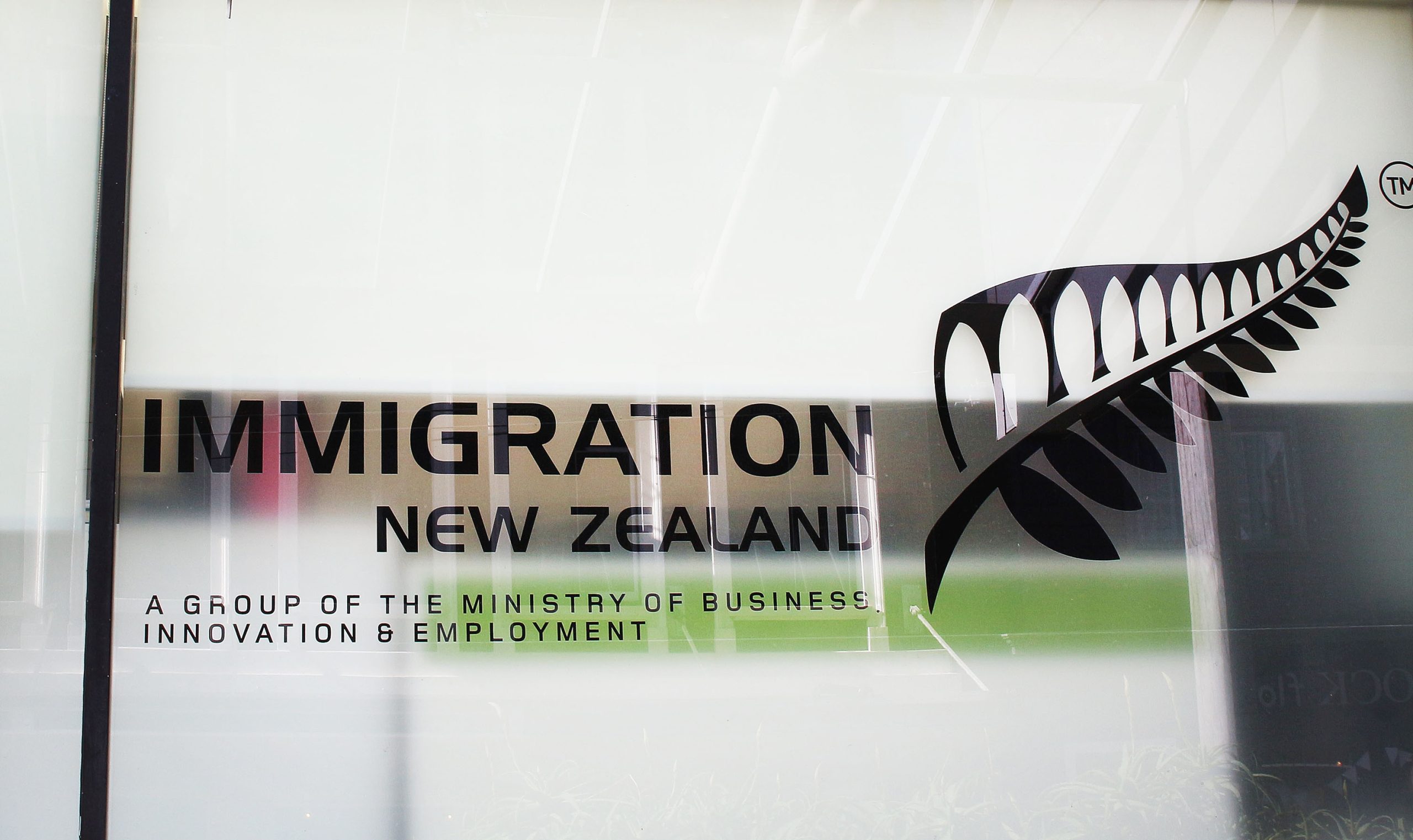An in-depth examination of New Zealand’s immigration settings by the Productivity Commission spurred a range of recommendations for change, from increasing transparency to relaxing restrictions on who temporary migrants can work for.
Immigration has been a lightning rod for bipartisan support for politicians outside of the Labour caucus who may not normally have a lot to agree upon, with parties as diverse as ACT and the Greens throwing their support behind?recommendations made by the Commission.
ACT Immigration spokesperson Dr James McDowall said the Commission’s report was proof Immigration minister Kris Faafoi was asleep at the wheel.

※Their findings yet again totally undermine Kris Faafoi’s &immigration rebalance’ and show that there’s no justification for the Minister’s anti-immigration agenda,§ McDowall said. ※Kiwis are suffering from a cost of living crisis and our border settings are a major contributor to this. Our productivity levels are tanking as building sites can’t get builders. Hospitals can’t get nurses. Farms can’t get milkers. There are shortages of essential workers that are creating a wage-price spiral.§
One of the main thrusts of the report was a recommendation for an?Immigration Government Policy Statement,?requiring?plans from Immigration NZ based on demand and supply of visas for years ahead.
Commission chair Dr Ganesh Nana was unequivocal in his calls for more transparency from Immigration, saying ※immigration policy appears to be decided in a black box, shielded from the public scrutiny and robust policy assessments required of most other public policies.§
Nana argued the current immigration settings are based around reactive short-term pressures and conflicting priorities, issues which could be solved by a?longer-term?focus and making transparency a top priority.
The Commission found the agency?was able to make changes to policy without public reporting or consideration of potential alternative policies.
McDowall’s argues this lack of transparency is Byzantine and?could turn off potential much-needed labour from offshore.
※Immigration policy should be simple to navigate and welcoming so that the New Zealand economy can grow and more locals can be employed through job creation and investment,§ he said. ※The Government has had more than two years of effectively zero immigration, yet the problems and backlogs persist.§

He also agreed with recommendations made by the commission to decouple migrant visas from their employer - a situation some have argued leaves migrant workers open to exploitation and abuse.
※The commission also emphasised that tying migrants’ visas to employers is unnecessary and sets the stage for exploitation, which is the very thing the Government claims it is trying to reduce,§ McDowall said. ※ACT has repeatedly called on the minister to simplify job mobility for migrant workers - it would be good for workers and employers.§
Greens immigration spokesperson Ricardo Men谷ndez March has long called for a more humane approach to the treatment of workers on temporary and work visas.
He said the Greens welcomed the Commission’s report, especially the need to decouple work visas from single employers - a system which means employees are reliant on their sponsor employers to keep in good graces with Immigration.
※Employer-bound visas create a perverse power dynamic where employers know they can get away with low wages and exploitative conditions due to their workers relying on them to remain in the country,§ Men谷ndez March said.
※While we welcome the recent Migrant Worker Exploitation Protection Visa, the Government needs to address the policy settings that enable migrants to be exploited in the first place, rather than only addressing it once it has happened.§

Immigration adviser Iain MacLeod agreed?immigration settings would benefit from a longer-term view.
※I think they are bang on when they say we need a longer term planning horizon - immigration policy tends to be an afterthought to governments yet we have a rapidly ageing population and are sleep walking into an aged care crisis,§ he said. ※What is any political party’s plan for our labour force needs in 10, 20 or 30 years time? The answer is none of them have one.§
However, he disputed the commission’s reasoning on why a large percentage of resident visas are filed from within the country. The report put this down to migrants being able to earn more points for experience within New Zealand, which MacLeod said was wide of the mark.
※The reality is because the Government demands skilled migrants have skilled jobs before they can secure either a work or a resident visa and the majority of employers?demand?that the migrant be in New Zealand when they apply for the job,§ he said.?※So it isn’t extra points that the migrant is chasing - it is satisfying local employers [that] they are serious and committed to the process.§
Other recommendations made by the commission included greater engagement with Maori on how to reflect Te Tiriti o Waitangi in immigration policies and institutions, and stronger links between education and training policies and immigration settings.
The commission’s review comes two months ahead of the resumption of pre-pandemic border settings, after more than two years of plummeting immigration and Immigration NZ coming under fire from groups representing families kept separated by the border closures.
Meanwhile,?National’s immigration spokesperson Erica Stanford hasn’t held back criticising the INZ.
Stanford pointed to a?mismatch between increased staffing and decreased performance from Immigration last month - saying despite a ※bureaucrat hiring spree§, there were fewer staff on?visa processing and wait times had?ballooned by months.
The commission’s?IGPS? recommendation, one of 24 to the Government, would force the agency to set a clear direction for where it sees levels of migration going, as well as having to specify the expected demand for different kinds of visas.
They aim would be to declare ※how the demand for temporary and permanent visas would be managed to reflect the country’s capacity to settle more people and how it would invest, if necessary, to expand that capacity§.


